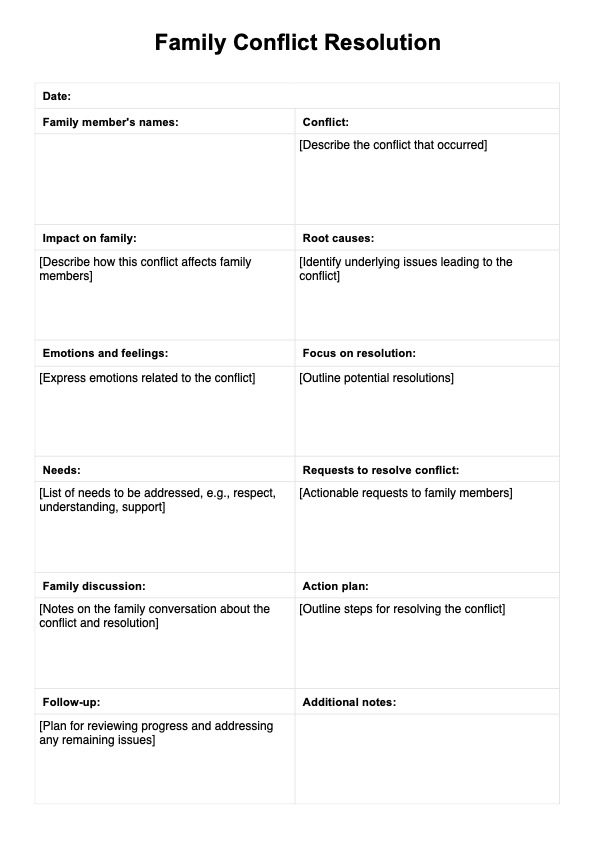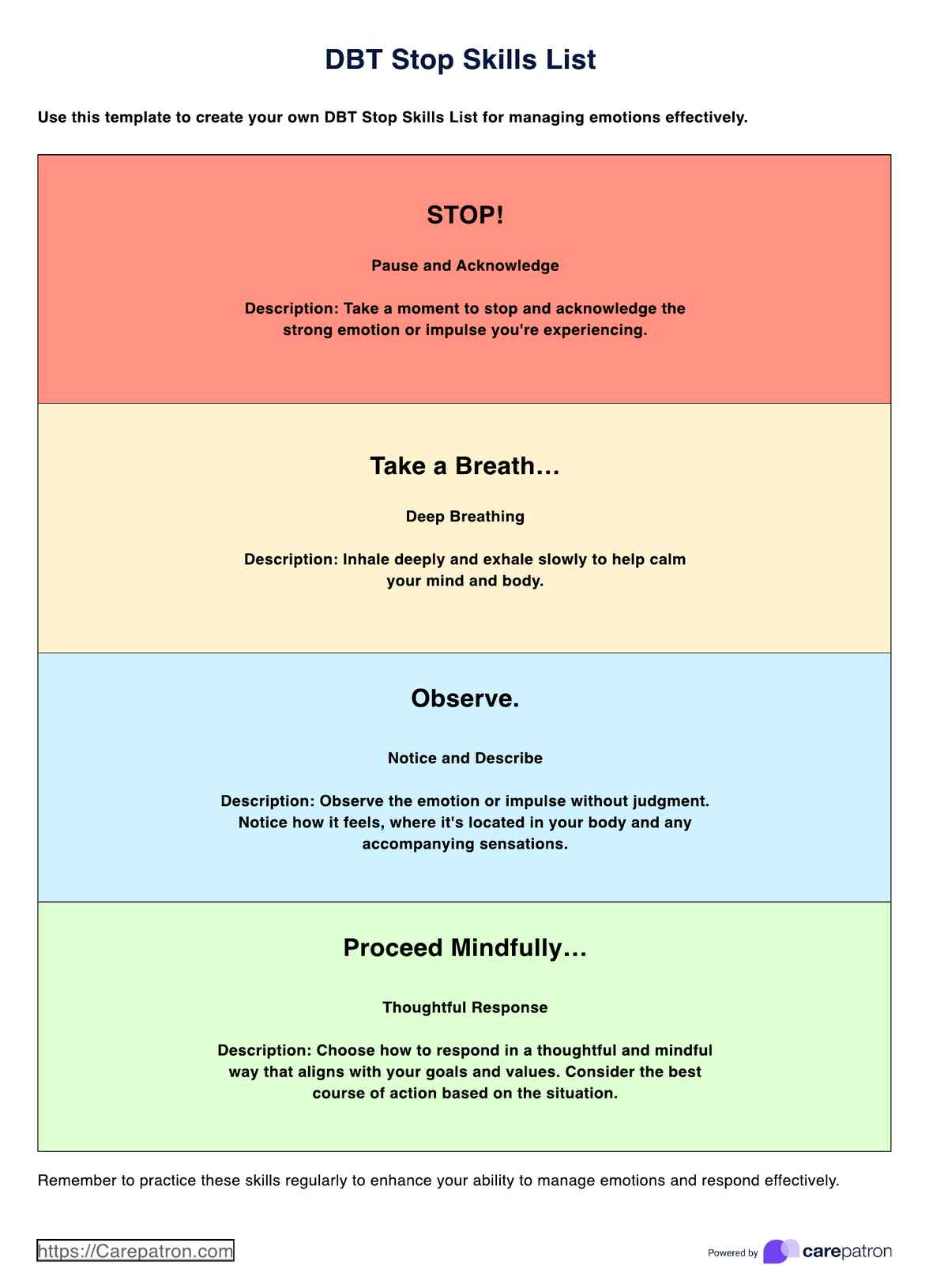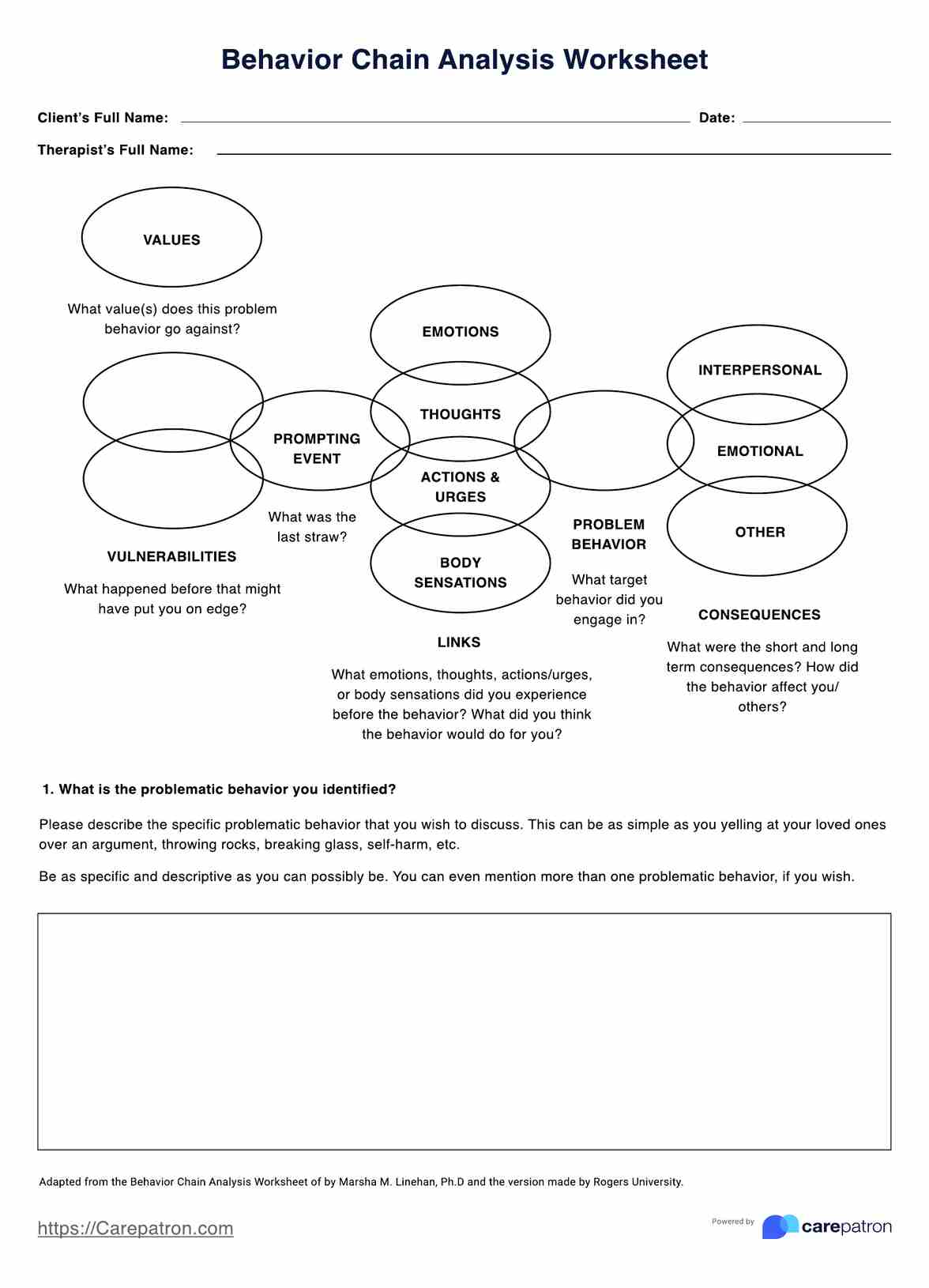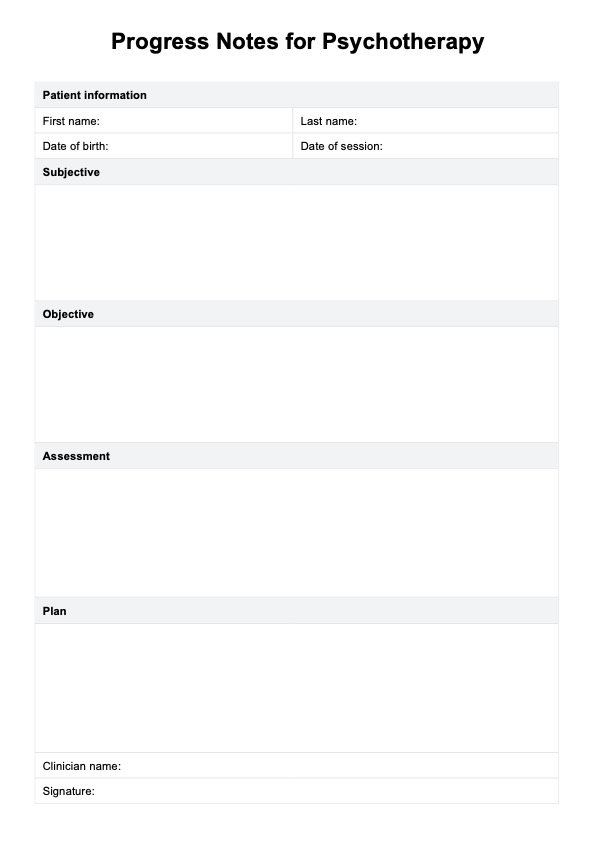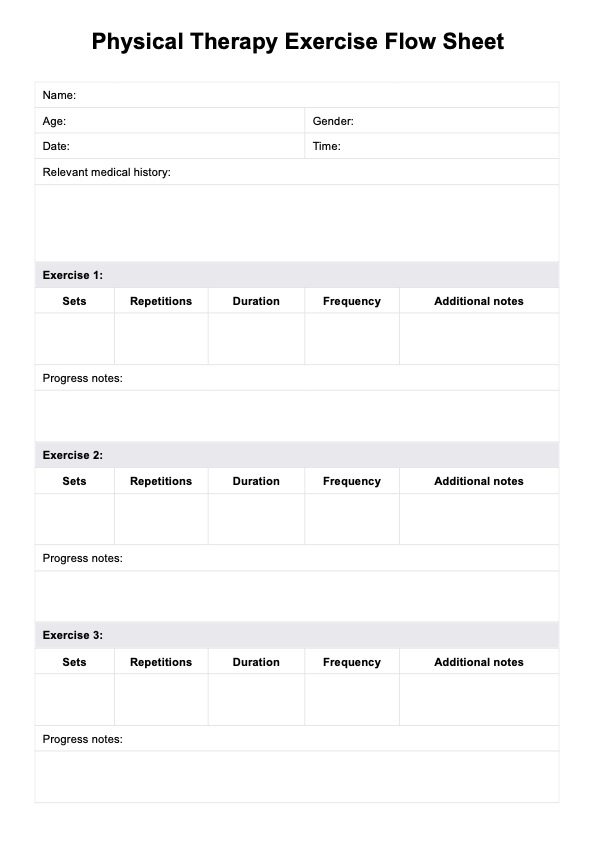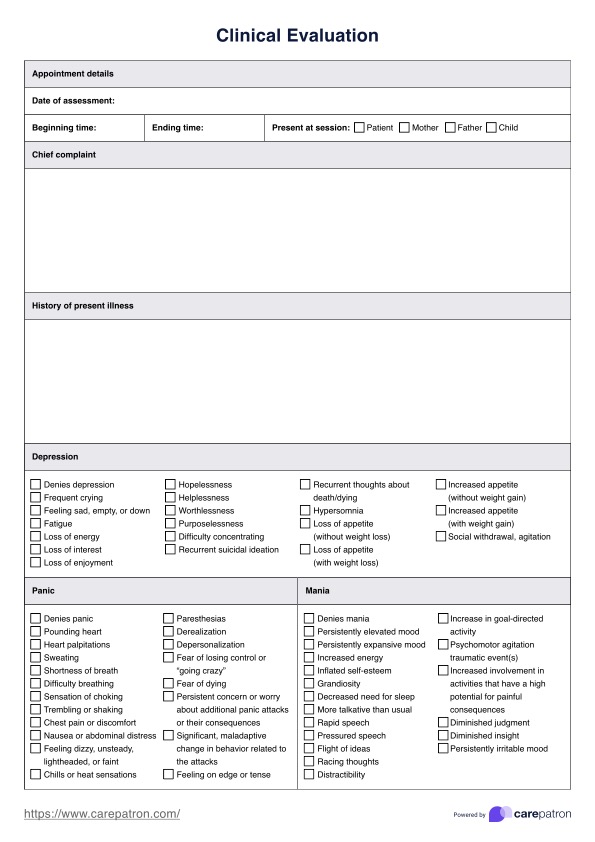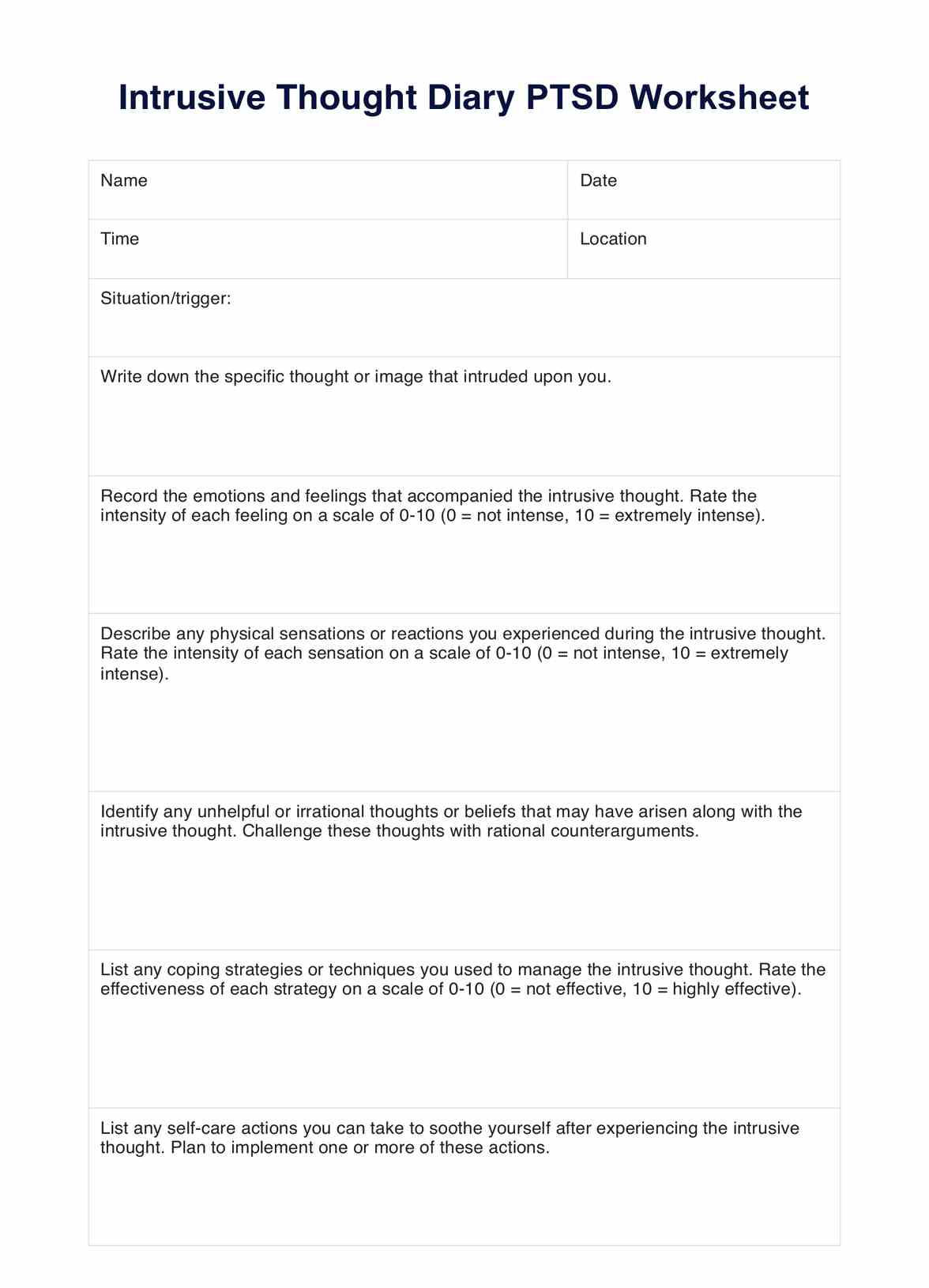List of Psychological Theories
Explore key psychological theories with our comprehensive guide. Dive into cognitive, developmental, humanist, and more to understand behavior.


What is a psychology theory?
A psychology theory is a well-substantiated explanation or model proposed to elucidate various aspects of human behaviors and mental processes.
These theories are grounded in empirical evidence from observation, experimentation, and analysis. They aim to understand the complexities of human personality, cognitive development, moral development and reasoning, and how individuals interact with their environment and each other.
By offering frameworks for interpreting various psychological phenomena, these theories contribute significantly to the scientific study of the mind and behavior, guiding research and practical application in therapeutic settings.
List of Psychological Theories Template
List of Psychological Theories Example
Types of psychological theories
Psychological theories can be broadly categorized into several types, each focusing on different facets of human experience:
- Cognitive theories: Focus on understanding mental processes such as perception, memory, thought, and problem-solving. Jean Piaget's theory of cognitive development is a prime example, outlining how children progress through distinct stages of cognitive growth.
- Developmental theories: Developmental theories focus on examining the changes in human behavior and thought processes throughout a person's life. Erik Erikson's stages of psychosocial development highlight the impact of social interaction across the lifespan.
- Humanist theories: Centered on human potential and the quest for self-fulfillment, these theories emphasize personal growth and self-actualization. Carl Rogers' person-centered therapy and Abraham Maslow's hierarchy of needs are key models in humanistic psychology.
- Behavioral theories: Investigate the role of external stimuli in shaping behavior. B.F. Skinner's operant conditioning theory, for example, examines how consequences influence the likelihood of behaviors being repeated.
- Psychodynamic theories: Originating from the work of Sigmund Freud, these theories explore the influence of the unconscious mind on behavior, emphasizing internal conflicts, desires, and childhood experiences.
- Biological theories: Look at the genetic, neurological, and physiological bases of behavior, suggesting that many psychological traits are inherited and biologically determined.
- Social psychology theories: These theories delve into how individuals' thoughts, feelings, and behaviors are influenced by the actual, imagined, or implied presence of others. Theories such as the social identity theory and the theory of planned behavior explore the complex dynamics of social influence, group behavior, and interpersonal relationships.
- Personality theories: Aim to explain the patterns of thoughts, feelings, and behaviors that make a person unique. Theories like the trait theory, which categorizes individuals according to broad personality traits, and the psychodynamic theory, which focuses on unconscious processes and childhood experiences, offer insights into the complexities of human personality.
- Cognitive-behavioral theories: Merge principles from behavioral and cognitive theories to address dysfunctional emotions, behaviors, and cognitions through a goal-oriented, systematic process. This approach has been particularly effective in treating a wide range of disorders, including depression, anxiety, and phobias.
- Evolutionary psychology theories: Propose that many human psychological traits are adaptive, having evolved to solve recurrent problems in human ancestral environments. This perspective offers insights into the origins of human behavior and mental processes.
- Cultural psychology theories: Explore how culture influences mental processes and behavior. These theories emphasize the variability of psychological processes across cultures and the importance of understanding individuals within their socio-cultural context.
- Ecological systems theory: Developed by Urie Bronfenbrenner, this theory examines how different environmental systems affect a person's development. It highlights the complex interactions between the individual and their multi-layered environment.
Each psychological theory offers a unique lens to view the human experience, contributing to a richer, more nuanced understanding of human behavior and mental processes.
By integrating insights from these diverse theoretical perspectives, psychologists can better address the complexities of the human mind and behavior, tailoring their approaches to meet the varied needs of individuals and communities.
Common theories
Some of the most influential psychological theories include:
- Freud's Psychoanalytic Theory: Focuses on the role of the unconscious mind in shaping behavior and personality.
- Piaget's Cognitive Developmental Theory: Describes how children's thinking evolves in stages from birth through adolescence.
- Maslow's Hierarchy of Needs: Proposes that human motivation is driven by a series of hierarchical needs, culminating in self-actualization.
- Rogers' Humanistic Theory: Emphasizes the importance of self-concept and the innate tendency toward personal growth.
How to use this template
Utilizing this template is a straightforward process designed to enhance your understanding and application of psychological theories across various contexts. Here's a step-by-step guide on how to make the most of it:
- Identify your needs: Determine whether you seek information for academic purposes, professional development, or personal interest. This will guide how you navigate the template.
- Explore the theories: Start by browsing through the list of theories presented. Each entry includes a brief description, key concepts, and notable theorists associated with the theory. This overview provides a snapshot of the diverse perspectives within psychology.
- Deep Dive into specific theories: Once you've identified theories that align with your interests or needs, delve deeper into each one. The template offers expanded sections on each theory, detailing its development, core principles, and the empirical research supporting it.
- Apply the theories: Consider how these theories can be applied in real-world settings. For educators, this might involve integrating theory-based concepts into lesson plans or classroom activities.
It could mean utilizing the theories to inform research projects or papers for students. Professionals might apply these theories to understand client behavior better or develop therapeutic approaches. - Use as a study aid: The template is an excellent resource for exam preparation or as a refresher on psychological theories. Its organized format makes it easy to review key information and concepts quickly.
- Reference for writing and research: When writing academic papers or conducting research, use the template to ensure your work is grounded in established psychological theories. It can help provide a theoretical framework for your arguments or hypotheses.
- Continuous learning: Psychology is an ever-evolving field. Use the template as a starting point for further exploration. Follow up on the references provided for each theory to explore the latest research and discussions in the field.
By following these steps, you can effectively leverage the template to enhance your understanding of psychological theories, enrich your academic or professional work, and apply these theories practically and meaningfully.
Importance of psychology theories
The significance of psychological theories extends far beyond academic discourse, touching every aspect of how we comprehend human nature and the intricacies of the mind.
These theories are abstract concepts that shape our approach to mental health, education, and interpersonal relationships. Here's a deeper look into the importance of psychological theories:
Framework for understanding
Psychological theories offer structured frameworks to understand complex human behaviors and mental processes. By categorizing and explaining different aspects of human psychology, these theories help us navigate the mind's vast and often intangible aspects.
Guiding research and discovery
They are the bedrock upon which psychological research is built. Theories prompt questions, guide hypotheses, and inform the design of studies. This ongoing cycle of theory and research drives the field forward, leading to discoveries and insights about human behavior.
Informing clinical practice
For mental health professionals, psychological theories are essential tools. They inform assessment techniques, therapeutic approaches, and intervention strategies, allowing practitioners to tailor their methods to the individual needs of their clients.
Understanding the theoretical underpinnings of various disorders and treatments enables clinicians to provide more effective and compassionate care.
Enhancing educational strategies
In educational settings, psychological theories inform teaching methods and learning strategies. For example, developmental psychology concepts help educators design age-appropriate curricula that align with students' cognitive and emotional development stages, optimizing learning outcomes.
Improving interpersonal relationships
At a more personal level, knowledge of psychological theories can enhance interpersonal relationships. Understanding theories related to communication, social behavior, and personality can help individuals navigate their social worlds more effectively, leading to more meaningful and satisfying relationships.
Promoting personal growth
Psychological theories also offer pathways to self-understanding and personal growth. By reflecting on personality, motivation, and emotion theories, individuals can gain insights into their behaviors and thought patterns, fostering self-awareness and personal development.
Shaping social policy
Beyond individual and clinical applications, psychological theories influence social policy and public health initiatives. They inform approaches to education, criminal justice, workplace dynamics, and health promotion, contributing to the well-being of communities and societies.
Psychological theories are not merely academic; they are deeply woven into the fabric of everyday life. They empower us to understand ourselves and others better, enhance the effectiveness of mental health treatments, improve educational practices, and contribute to society's overall well-being.
Commonly asked questions
There are dozens of psychological theories, each addressing different aspects of human thought, behavior, and development.
Freud's Psychoanalytic Theory is among the most renowned, though Maslow's Hierarchy of Needs and Piaget's Theory of Cognitive Development are also highly influential.
The six core concepts often discussed in psychology include behavior, cognitive processes, development, motivation, personality, and social interactions.

.jpg)
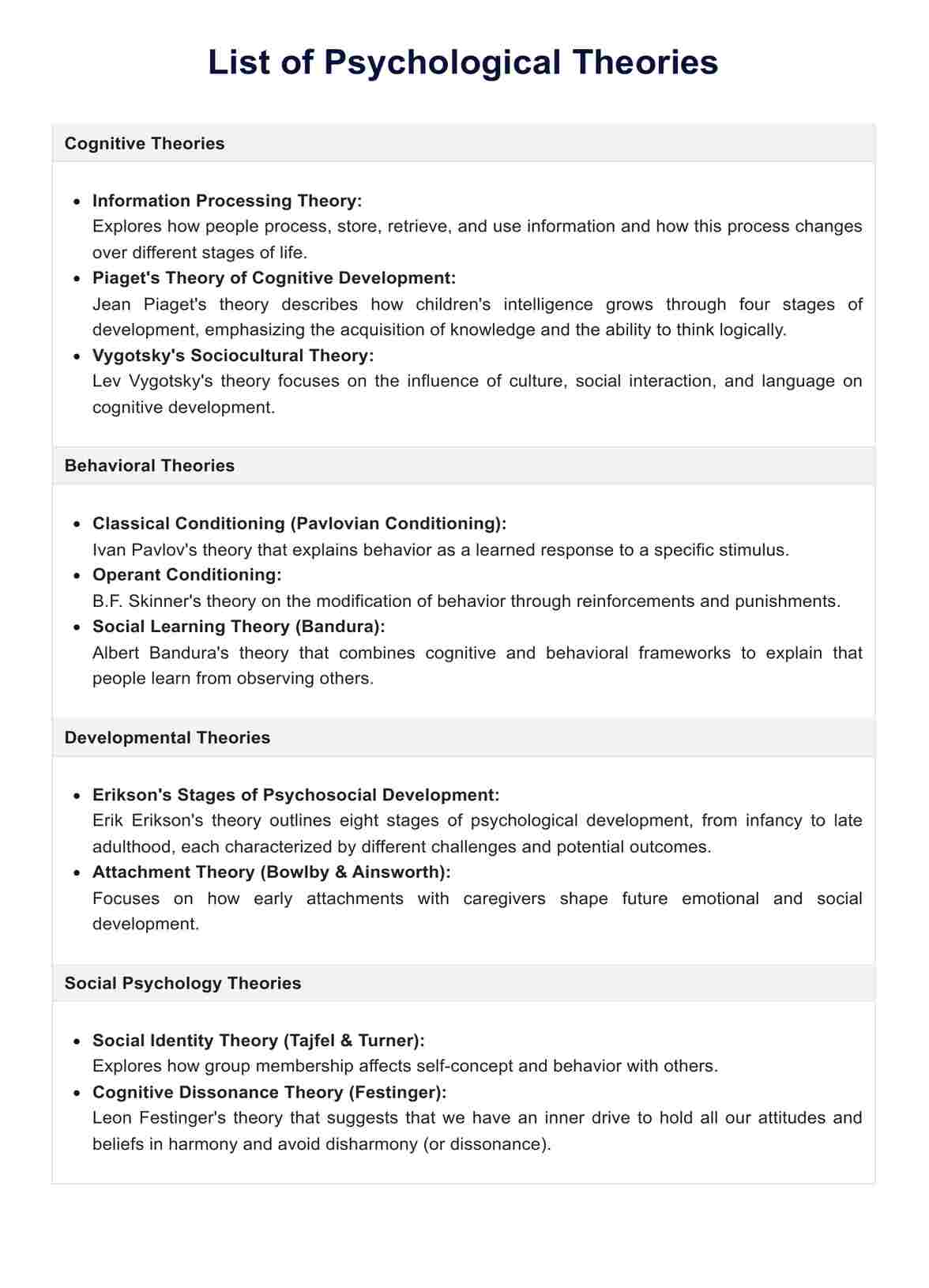
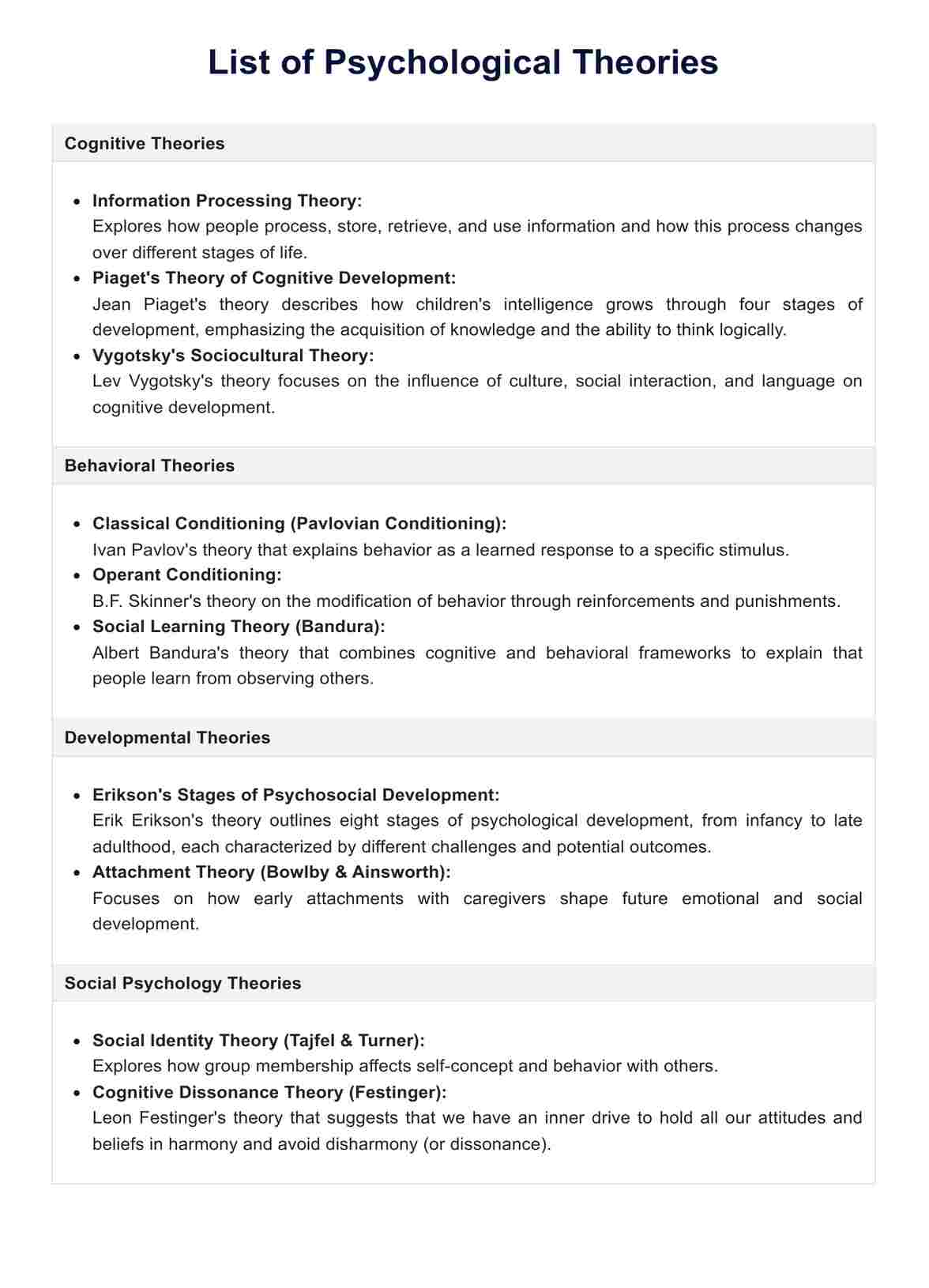

















-template.jpg)

















































































